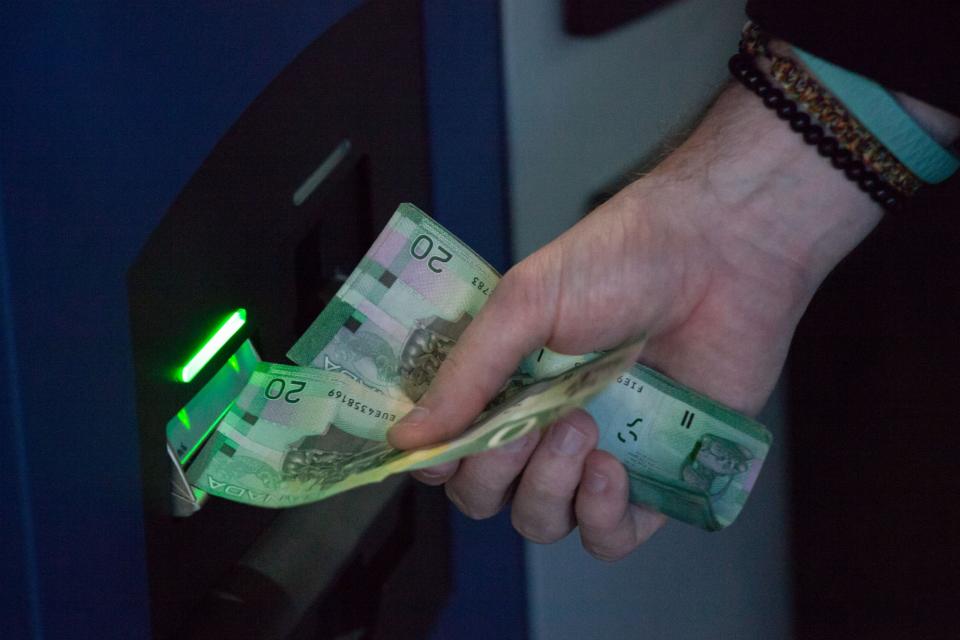Opening a bank account from outside the country is becoming easier

Three years ago, opening a bank account in Canada was a nightmare for newcomers like Kim Hong, who moved from San Francisco to take a post at Vancouver-based financial technology company Trulioo.
“I have 20 years of solid credit history in the U.S. but when I crossed that border and entered into Canada, all of a sudden all that history went away,” says Hong. Since she was staying at an Airbnb and didn’t have a proper lease agreement, Hong had to get a social insurance number in order to have a second piece of ID to open the account.
“My passport was safe but they needed a second form of ID with an address on it and I had no utility bills, no lease agreement to give them… so I was kind of screwed,” she says. The whole process took nearly a month. “If the bank I went to in Canada could access my data in the U.S., they could certainly verify my identity quickly… they didn’t have that access.”
But amended rules from the Financial Transactions and Reports Analysis Centre of Canada (FINTRAC) surrounding verifying identity are officially coming into play at the end of June after a year-long grace period. The rules outline how financial services firms like banks, casinos, precious metals dealers and money service businesses (i.e. Paypal) should be identifying clients both domestic and abroad using “trusted sources” under “know your client” (KYC).
In line with Proceeds of Crime (Money Laundering) and Terrorist Financing Regulations, financial services are also required to verify that the person applying for an account isn’t a politically exposed person (someone who has been entrusted with a prominent public function and is more susceptible to bribery) or on a watch list of high-risk individuals like terrorist affiliates and drug dealers.
Confirming identity digitally
Proper identity verification is becoming more critical as non-face-to-face exchanges through online financial services like mobile banking, Bitcoins and robo-advisors have become more commonplace. In line with the trends, as of June 30, the definition of signature will officially be expanded to include electronic signatures, allowing regulated institutions to open accounts without the customer being physically present.
“In a non-face-to-face onboarding or account creation situation, the business needs to verify an individual’s name, address, and date of birth against a trusted third party source,” says Zac Cohen, general manager at Trulioo, which pulls data from 200 trusted partners in more than 50 countries and is capable of verifying four billion global identities. “That could be a telecommunications company, a utility company, a driver’s license database, a government database – what is a trusted source? They didn’t prescribe that yet but they’ve opened the gateway.”
Cohen says he suspects it’s only a matter of time before the large banks start tapping into the international data sources offered up by RegTech companies to quickly identify newcomers and get them on-boarded, especially newcomers with a lack of identity records or financial history such as foreign workers, immigrants and refugees.
“They may not have had a bank account ever in their life so how do we get those people involved, how do we confirm the identity of those individuals,” he says. “We start looking at what other types of data can satisfy that threshold of ‘yes, we’ve identified you’ and ‘yes, we know who you are.’ ”

 Yahoo Finance
Yahoo Finance 